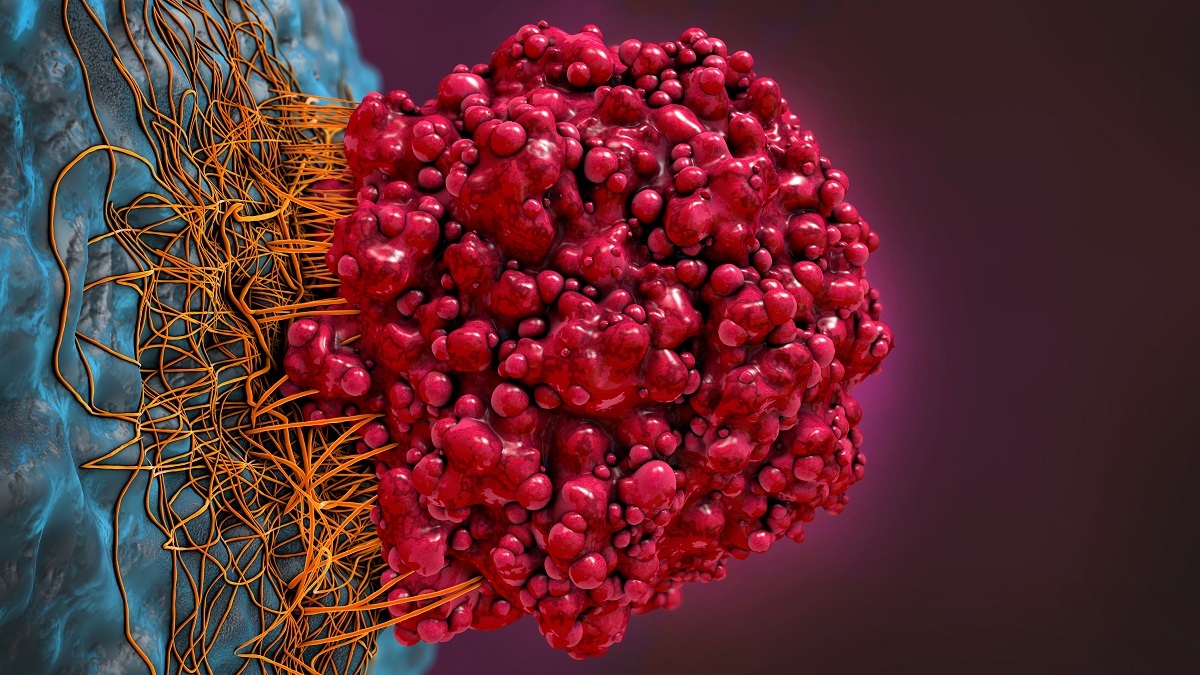KEY TAKEAWAYS
- The study aimed to investigate the impact of germline homozygosity and allelic imbalance of HLA-I loci on EGA and analyze resulting immunogenic peptide repertoires.
- Researchers noticed a high prevalence of germline homozygosity in patients with EGA.
The individual HLA-I genotype is associated with various diseases, including cancer, esophago-gastric adenocarcinoma (EGA), autoimmune disorders, and infections.
Maria Alejandra Garcia-Marquez and the team aimed to investigate the impact of germline homozygosity or allelic imbalance of HLA-I loci, specifically in EGA, and elucidate the resulting repertoires of potentially immunogenic peptides.
They performed an inclusive analysis utilizing HLA genotypes and sequences of either 10 relevant tumor-associated antigens (TAAs) or patient-specific mutation-associated neoantigens (MANAs). Predictions of good-affinity binders were made using an in silico approach for MHC binding through www.iedb.org. Imbalanced or lost expression of HLA-I-A/B/C alleles was examined via transcriptome sequencing. FluoroSpot assays and TCR sequencing were employed to determine peptide-specific T-cell responses.
Germline homozygosity of HLA-I genes being significantly enriched in EGA patients (n=80) compared with an HLA-matched reference cohort (n=7605). While the overall mutational burden is similar, the repertoire of potentially immunogenic peptides derived from TAAs and MANAs was lower in homozygous patients. The promiscuity of peptides binding to different HLA-I molecules was low for most TAAs and MANAs.
In silico modeling of the homozygous to a heterozygous HLA genotype revealed normalized peptide repertoires. Transcriptome sequencing showed imbalanced expression of HLA-I alleles in 75% of heterozygous patients. Out of these, 33% showed complete loss of heterozygosity, whereas 66% had altered expression of only one or two HLA-I molecules. In a FluoroSpot assay, peptide-specific T-cell responses against NY-ESO-1 were determined to be derived from multiple peptides, often exclusively binding only one HLA-I allele.
The study concluded that the high frequency of germline homozygosity in EGA patients suggests reduced cancer immunosurveillance, potentially contributing to increased cancer risk. Furthermore, therapeutic targeting of allelic imbalance of HLA-I molecules should be considered as a viable approach in managing EGA.
The study received no funds.
Source: https://pubmed.ncbi.nlm.nih.gov/38631707/
Garcia-Marquez MA, Thelen M, Bauer E, et al. (2024). “Germline homozygosity and allelic imbalance of HLA-I are common in esophagogastric adenocarcinoma and impair the repertoire of immunogenic peptides.” J Immunother Cancer. 2024 Apr 17;12(4):e007268. doi: 10.1136/jitc-2023-007268. PMID: 38631707; PMCID: PMC11029431.



